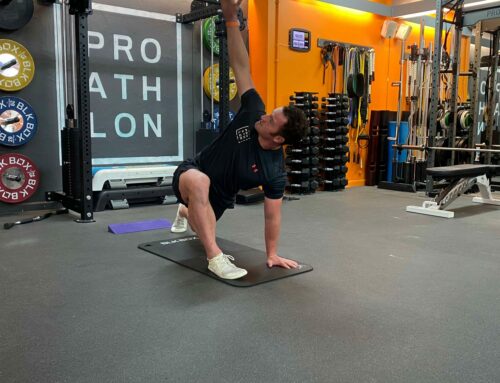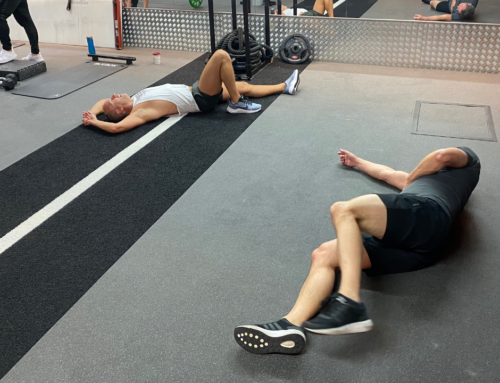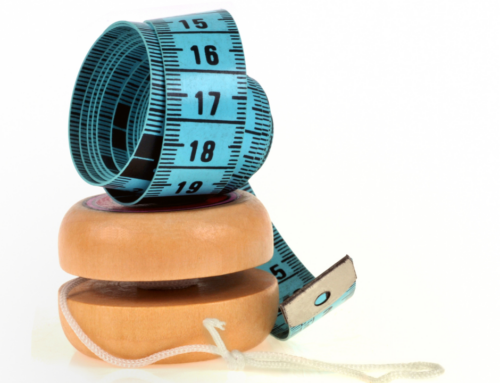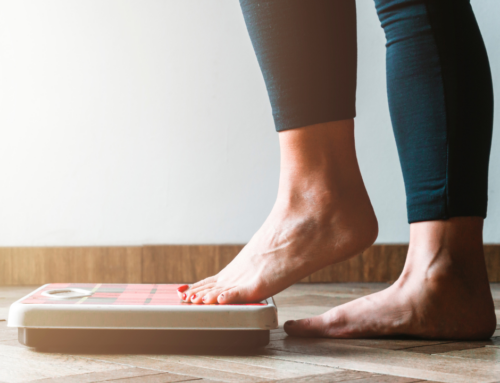How’s your blood sugar looking, Zoe?
So, the new craze is well and truly upon us! If you haven’t seen an advert or a human with a yellow patch on the back of their left arm, it’s time for you to leave the house and get some fresh air!
Zoe is a new ish, and quite excellent continuous blood sugar monitor/education tool. Backed by top investors, it really has taken off…just like your blood sugar levels do after that latte and croissant you used to have for breakfast. In a nutshell, Zoe tracks and tests your blood sugar levels and reactions after certain foods and activities throughout the day. In essence, helping you understand why you crash like a breaking wave by mid morning every day and again at around 3pm. I know, clever boy aren’t I. I see you!
Anyway, Zoe will have you eating random food, it tracks your blood sugar levels and educates you on which foods affect you at different times and why. Whilst we’re about to give you some pointers to help you better manage your blood sugar levels and crashes, saving you the £300 Zoe cost, we still think it’s great!
Anything that educates us to make healthier choices is a positive thing. Zoe also has plenty of science based information for its customers to learn from as they work through two weeks of testing, leaving customers more aware, educated and hopefully knowing where they were going wrong and what they should aim to do moving forward. Make better food choices and your energy levels can be consistent, believe us, and believe Zoe.
Please note that sleep and other lifestyle choices will also have an effect on your energy levels, but managing blood sugar levels also helps you manage your insulin levels, and this is where the magic happens.
To help regular that blood sugar, here are 5 ways you can get ahead of the game and Zoe before you do or do not decide to give it a try.
- Include an adequate amount of protein (25g minimum) and vegetables with every meal. In general maintain a balanced diet with a mix of complex carbohydrates, lean proteins, and healthy fats.
- A 15 minute leisurely walk after eating will help lower your blood glucose response to that meal. In general staying physically active through regular exercise will help improve improve insulin sensitivity.
- Food timing, eat the protein and fat dense foods on your plate, along with green vegetables first before you devour the carbohydrate dominant foods. In general control portion sizes to avoid overeating and manage caloric intake.
- Choose foods with a low glycemic index to prevent rapid spikes in blood sugar.
- Stay hydrated, as adequate water intake supports overall health and can help regulate blood sugar levels.
If by any chance you read the words ‘glycemic index’ above and fell off of your chair. Here’s a list of the low ‘GI’ foods we want to move towards and hug on a warm winters night.
- Legumes: Beans, lentils, and chickpeas are excellent sources of low-GI carbohydrates.
- Sweet Potatoes: These provide a nutrient-rich, low-GI alternative to regular potatoes but be cautious on how many you have.
- Quinoa: A versatile grain that is not only a good source of protein but also has a low glycemic index.
- Oats: Whole oats or steel-cut oats are high in fibre and have a lower impact on blood sugar.
- Barley: A whole grain that contains both soluble and insoluble fibre, contributing to a lower glycemic response.
- Non-Starchy Vegetables: Leafy greens, broccoli, cauliflower, and bell peppers are examples of low-GI veggies.
- Berries: Berries such as strawberries, blueberries, and raspberries are lower in sugar and high in fibre.
- Nuts: Almonds, walnuts, and peanuts are nutrient-dense, providing healthy fats and protein with a lower glycemic impact.
- Greek Yogurt: Unsweetened Greek yogurt is a good source of protein and has a lower glycemic index compared to some other dairy products.
- Cherries: These fruits have a relatively low glycemic index and offer various antioxidants and vitamins.
Take that intel, and run with it! Stick to these, high protein, regular exercise, 2+ litres of water per day minimum, 8 hours sleep and watch the world become a very different place. You’re welcome!
Book a free consultation
Leave your details and we’ll get in touch to arrange a consultation to discuss your goals.






